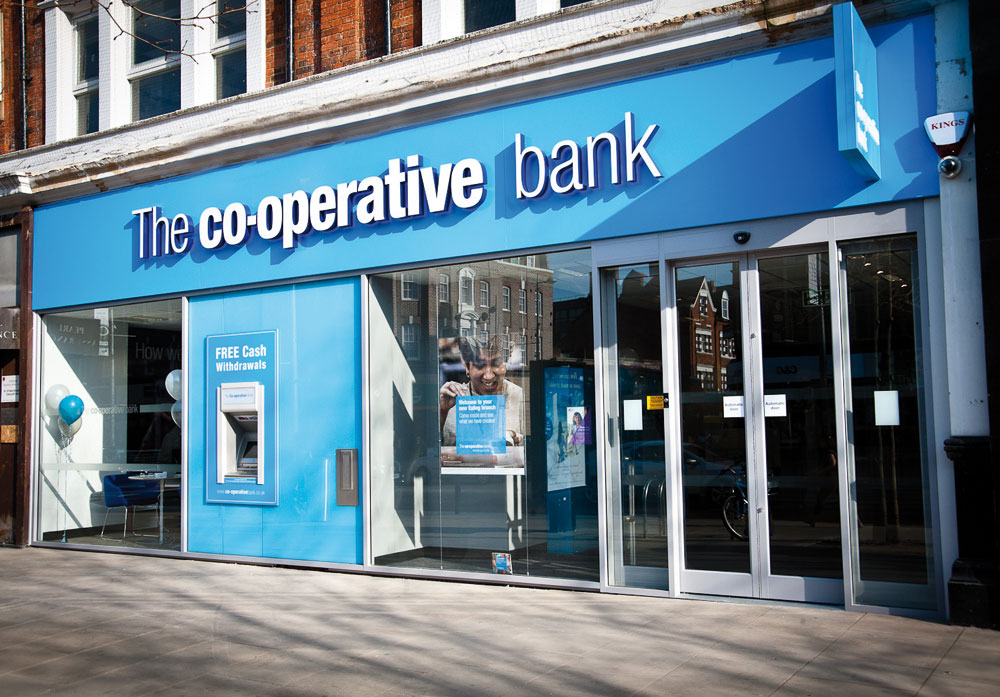News
Co-op commits to refund scam customers

The Co-operative Bank has signed up to a voluntary scheme to help fraud customers get their money back.
As part of the scheme, banks commit to reimburse victims of Authorised Push Payment (APP) scams. This is where consumers are tricked into transferring money to a seemingly genuine account but it is in fact controlled by a scammer.
However, in order to be reimbursed, the scam needs to fall under a ‘no-blame’ scenario where both the provider and customer have taken necessary steps to prevent fraud.
In the first half of 2019, 57,549 consumers lost £208m as a result of these APP scams and in May, a number of banks signed up to the voluntary code. The Co-op is the first bank to join since the code was launched.
In total, nine firms have committed to help fraud victims. They are:
- Barclays
- HSBC, including First Direct and M&S Bank
- Lloyds Banking Group, including Halifax, Bank of Scotland and Intelligent Finance
- Metro Bank
- NatWest, including RBS and Ulster Bank
- Nationwide Building Society
- Santander, including Cahoot and Cater Allen Limited
- Starling Bank
- Co-operative Bank
Andrew Bester, chief executive of The Co-operative Bank, said: “Protecting and supporting customers affected by scams and fraud is fundamentally important to us and we’re pleased to be the first bank since the initial launch to achieve sign-up.
“We’ll continue to work to ensure the best outcomes for customers who fall victim to fraud and, in line with the code, we will refund customers who are left out of pocket through no fault of their own by implementing a self-fund model to reimburse customers who lose money in a ‘no blame’ situation.”
‘Voluntary approach isn’t enough’
Gareth Shaw, head of money at Which?, said: “This is an important step from the Co-operative Bank and its customers should now be better protected against devastating transfer fraud.
“However, many other current account providers are still not signed up to these vital protections, exposing their customers to a greater risk of losing life-changing sums of money.
“A voluntary approach to protecting scam victims is not enough. The code should be made mandatory and the government must work together with regulators and the industry to put in place long-term plans to ensure no blameless victims are left out of pocket.”